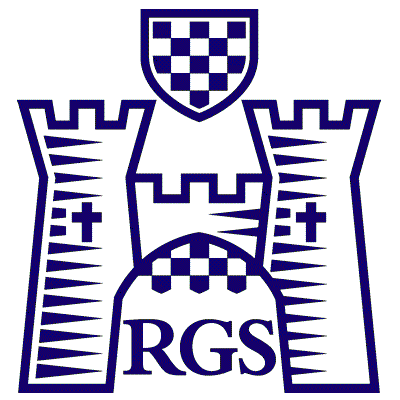
Be clear about what
you are being asked to do
How much information do you need?
A two-week project will require a number of
different resources, whereas a newspaper article or encyclopedia
entry may be enough for background
information for a class discussion.
How are you being asked to present the information?
Is it an essay, a poster, or a spider plan? Do you need pictures,
statistics, quotes?
What sort of information do you need?
Do you need up to the minute information or a historical overview?
Are you writing from a particular bias or presenting a balanced
picture?
What does the remit cover?
Are you giving a general overview of an event, or focusing on a specific
topic?
Who
is the information for?
Younger children, your peers, adults?
Think about the information
you’re
using
Is it up to date?
When was the website last updated? When was the book published? How
does this affect its accuracy?
What message is it trying to put across?
Who’s written the book/article? Has the research/website been
sponsored by anyone? Do you need a second opinion?
What authority does the information have?
Do you recognize the publishers/ site host? Has the introduction been
written by an expert? What are the author’s credentials? Don’t
forget – ANYONE can make a website - make sure the information
you have is credible!
Beware of “spoof” websites!
Not all websites are genuine. Try http://www.malepregnancy.com/!
Make
sure you understand the information you are using
The school library serves the needs of students aged from 11-18; the
web from children aged 5 to great grandparents of 100! Only some
of the information in the library and a fraction of that on the web
will be suitable for both your reading level and the level of information
you require.
DON’T take a book out that is too hard/ detailed. The chances
are you won’t read it – just copy out chunks of information
with no understanding. Not only is this plagiarism and illegal but
you won't actually have learnt anything.
o DO think laterally! Just because a book on the specific topic you
want isn’t there doesn't mean there isn't any
information available! There might be a chapter in a book or an article
in an encyclopedia
or magazine.
o DON’T just rely on Google. It can be great but don’t
forget to use portals and look at the recommended websites page – you
are more likely to find a site appropriate to your level.